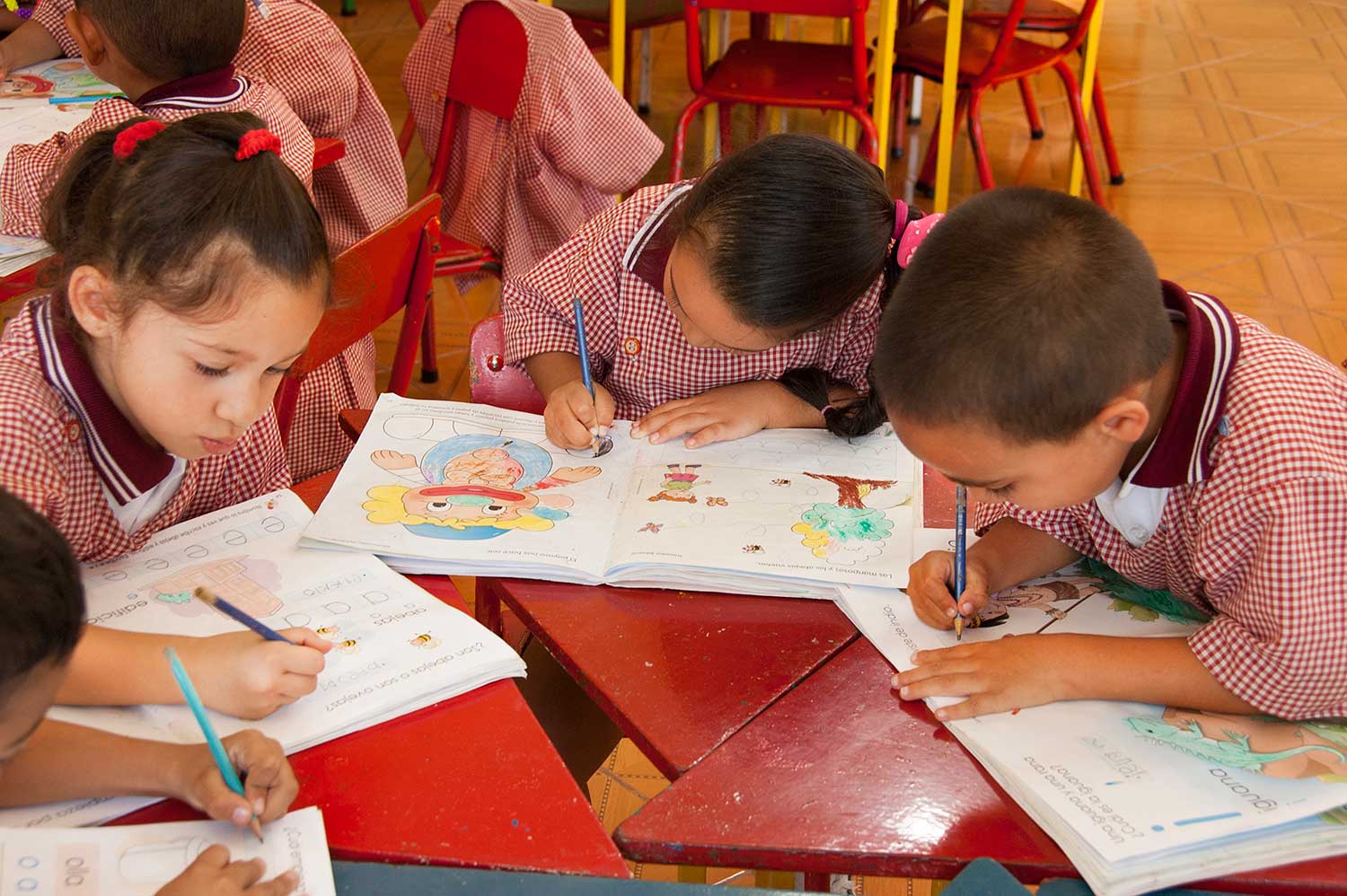Fergal Roche, CEO of The Key, writes about school leaders’ concerns about pupil wellbeing.
At the end of last month, the government announced that it is to invest £143 million in improving children’s mental health services in England this year – welcome news, surely, but will it make enough impact?
In the school year just gone, The Key asked some of the country’s school leaders what health and safeguarding issues affecting their pupils they were concerned about, if any. Top of the list was children’s mental health, with 67% of those surveyed saying this was a worry. Domestic violence and cyber bullying were next, of concern to more than half of those surveyed (58% and 55% respectively) – followed by bullying and obesity (38% and 36%).
All such issues not only have implications for the classroom – affecting pupils’ concentration levels and consequently their grades – but also life beyond the school gates, with unresolved issues likely to have a serious impact on children’s prospects.
School staff work tirelessly to do the best for their pupils, and increasing numbers of schools are employing their own counsellors or drawing on voluntary services to tackle the complex issues they’re facing. We, too, have seen leaders coming to The Key for help with things like writing a mental health policy, how to boost children’s self-esteem and what to do if a pupil is self-harming.
However, many of the school leaders my team and I speak to are frustrated at not having access to the professional support they need to best help their pupils.
Gary House, headteacher of Lady Hawkins’ School and Sixth Form in Herefordshire, explained that as well as a range of social factors, he sees his pupils contending with pressure after pressure in a school context. He’s also worried about the impact of the extra pressure on school staff who aren’t equipped to provide specialist help:
“With declining social services support due to diminishing council budgets, more and more is having to be dealt with in schools. We take our duty of care seriously, but to do the best for our students, specialist mental health support services are needed. If we are not careful a dangerous cycle will develop; students worrying and teachers suffering as they worry about not having the specialist skills to support students in need of mental health care.”
Our survey found that Gary’s view is mirrored across primary and secondary, maintained, academy and privately-funded independent schools; the profession wants to help but specialist support often isn’t available locally.
I know of a secondary school in north London that is fortunate to have a CAMHS (child and adolescent mental health services) worker based in school once a week to help identify and support students in need, as well as train and supervise staff. The school has other fantastic initiatives too, such as non-teaching managers for every year group, who carry out daily check-ins and build up good relationships with students and parents. It also has an effective transition programme which ensures its pastoral team receives essential information from primary schools, so it can make appropriate support available to incoming students as soon as possible.
Sadly, not every school has the resources to offer this type of support structure, but there are other things schools can realistically do – for example:
- Collaborate with other schools locally and look into jointly hiring a specialist
- Arrange wellbeing training for staff from multiple schools locally, and/or hold regular cross-school meetings to share experiences and views
- Dedicate some form/tutor time to discussing subjects like cyber bullying, keeping safe and managing stress
Even with such measures, there’s only so much that schools can achieve alone, and our survey findings on school leaders’ concerns suggest that there is a long way to go. The government’s promised investment in addressing children’s mental health issues is a good start; let’s hope it’s directed in such a way that all schools up and down the country can call on high-quality specialist support to protect the wellbeing of children and young people in their care.
For further information on The Key visit www.thekeysupport.com or follow on Twitter @TheKeySupport / @TheKeySL.
Follow Fergal Roche on Twitter @FergalRoche








